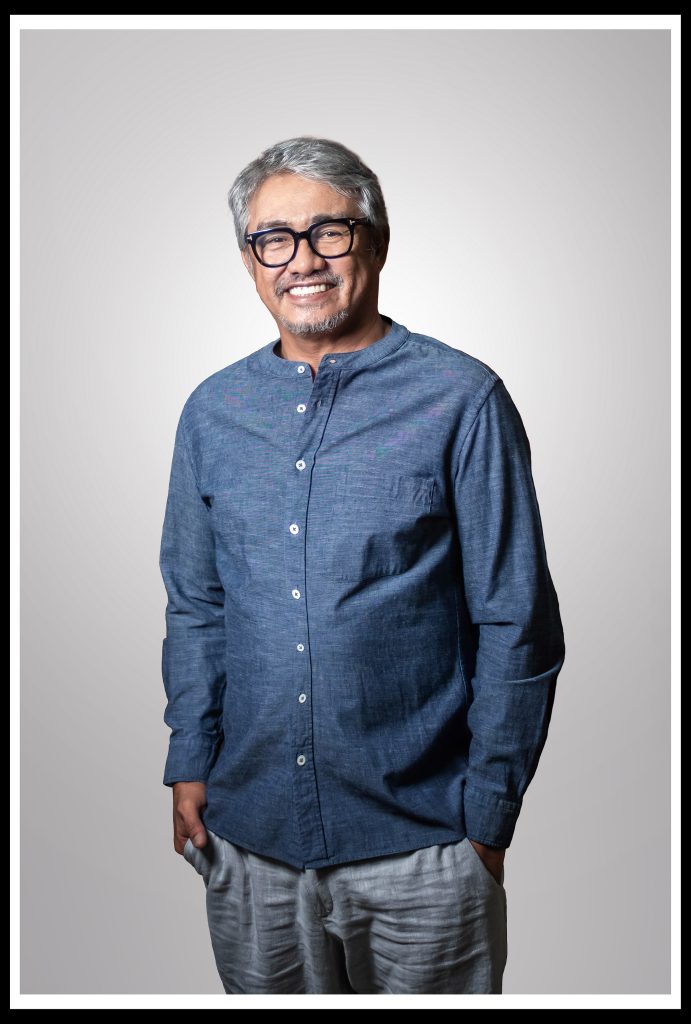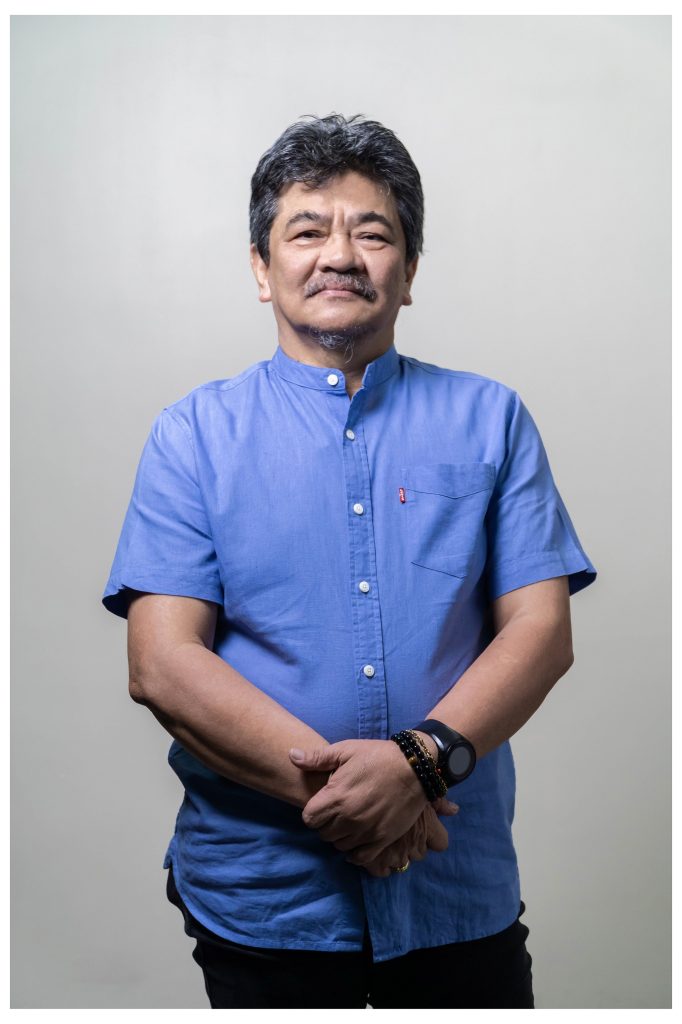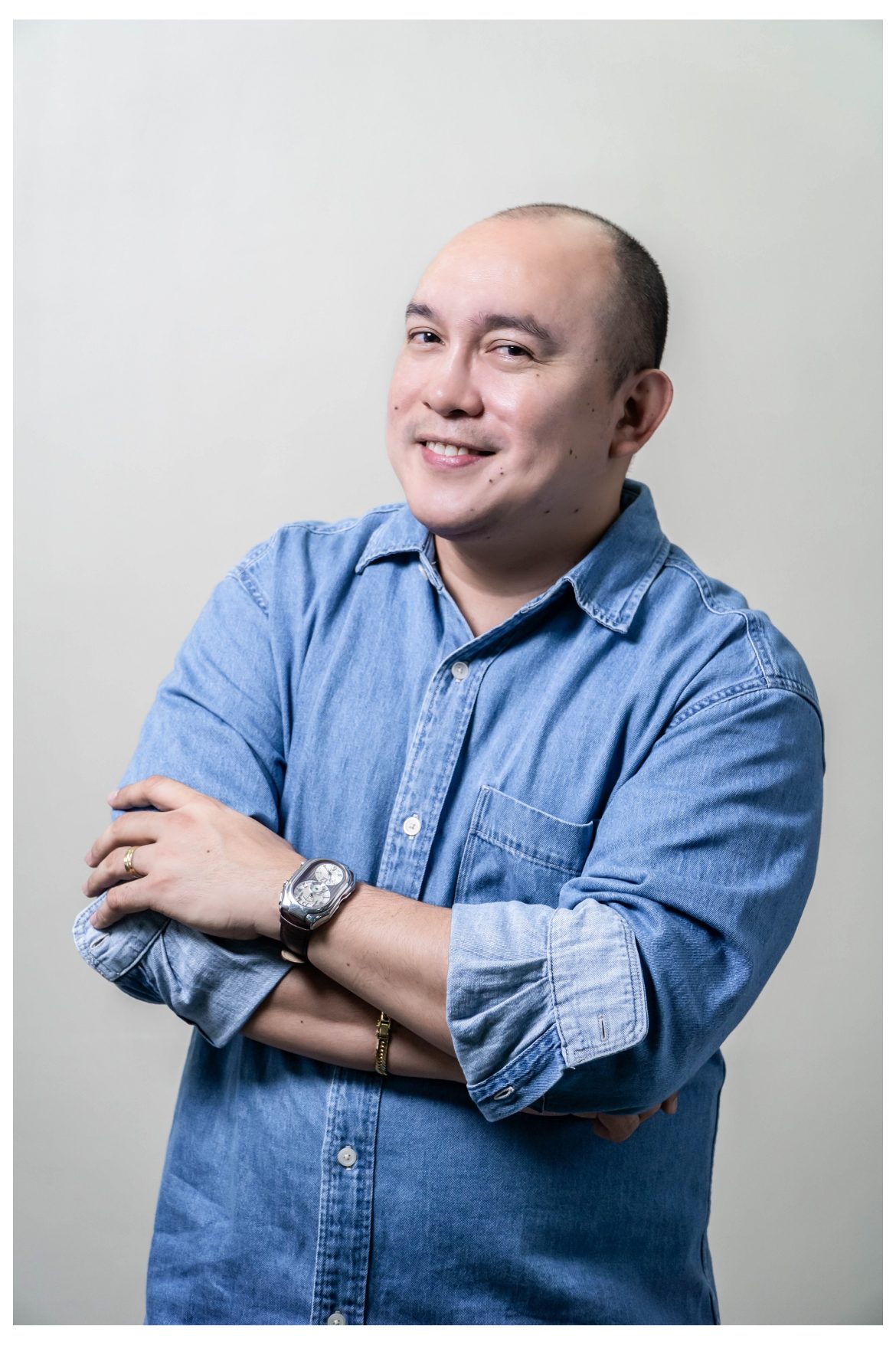RECENT Department of Health-Davao data recorded in the Field Health Services Information System shows that acute upper respiratory infections, hypertensive diseases, pneumonia, diabetes, and other diseases in the urinary and respiratory systems are among the top diseases that affect men in the Davao Region.
Yet, most men shy away from participating in conversations about these with fear of embarrassment and a feeling of being emasculated. Common notions of masculinity associated with being strong, independent, and tough tend to hinder men from seeking care and discussing health when they need it the most.
The disconnect between the incidence of these diseases and men’s reluctance to talk about their health due to prevailing notions of masculinity is a social aspect of health worth unpacking.
This story shares the voices of public health leaders who are going against the grain to challenge stereotypes and contribute to a more compassionate and welcoming environment for men’s health.
It starts with self-awareness

For Dr. Abdullah Dumama Jr., DOH Undersecretary, gone are the days when men shy away from discussing topics about health. He believes that the idea of masculinity has evolved, and more men like him are becoming more self-aware when it comes to taking care of themselves and others.
Dr. Dumama is never afraid to get real with his emotions and with the things that make his heart melt: he is bold in expressing compassion and gratitude every day.
Growing up, he was taught that a man should be God-fearing yet strong and disciplined. Yet, over time, he learned that masculinity—as he experienced through leadership work—also means exercising accountability, learning from mistakes and weaknesses, and most of all, walking the talk and listening more.
Listening, he believes, is a critical skill that helps a man grow awareness and understand his mind and body through introspection. “A sense of self-awareness about your emotions gives you strength and wisdom, especially when taking charge of your own health,” he said.
This kind of strength, he said, makes a man better at standing up for others because he is in his best health.
Don’t forget to care for yourself

As men get busy with work and providing for their families, they naturally prioritize the well-being of their loved ones first. On some days, traditional expectations of men to be providers tend to cause them to forget to care for themselves.
This shouldn’t be the case, said Dr. David Mendoza, former assistant regional director at DOH Davao.
“Men need to actively seek care for themselves because they need it, too,” he said.
Although health in the household is a result of working together with their partners to build a happy life, Dr. Mendoza believes that health also starts with men caring for their own bodies to live a life of meaning. “We can’t give with an empty cup,” he said.
Men don’t have to feel alone
Marc Shane Adeva, National President of the Philippine Public Health Association, never feels alone in life and in taking care of his health. He has long learned that a man doesn’t have to keep pushing through the pain.
“Being strong doesn’t mean staying silent. It doesn’t mean ignoring your body’s signals, and it doesn’t mean carrying everything on your own,” he said.
Societal conventions associate showing pain and vulnerability as a sign of weakness; this results in men hiding these from sight. Not only does this disconnect men from each other, but it also keeps them from participating in important health conversations that could save their lives.
Adeva said that real men do need help. “There is no weakness in that, only courage,” he said.
Opening the dialogue about the different aspects of men’s health is a sign of strength. These important conversations inspire health-seeking behaviors that result in earlier detection of diseases, more responsive interventions, and a holistic improvement of health for every Filipino man.
(Join the conversation and share your thoughts on the DOH Davao Facebook Page.)



